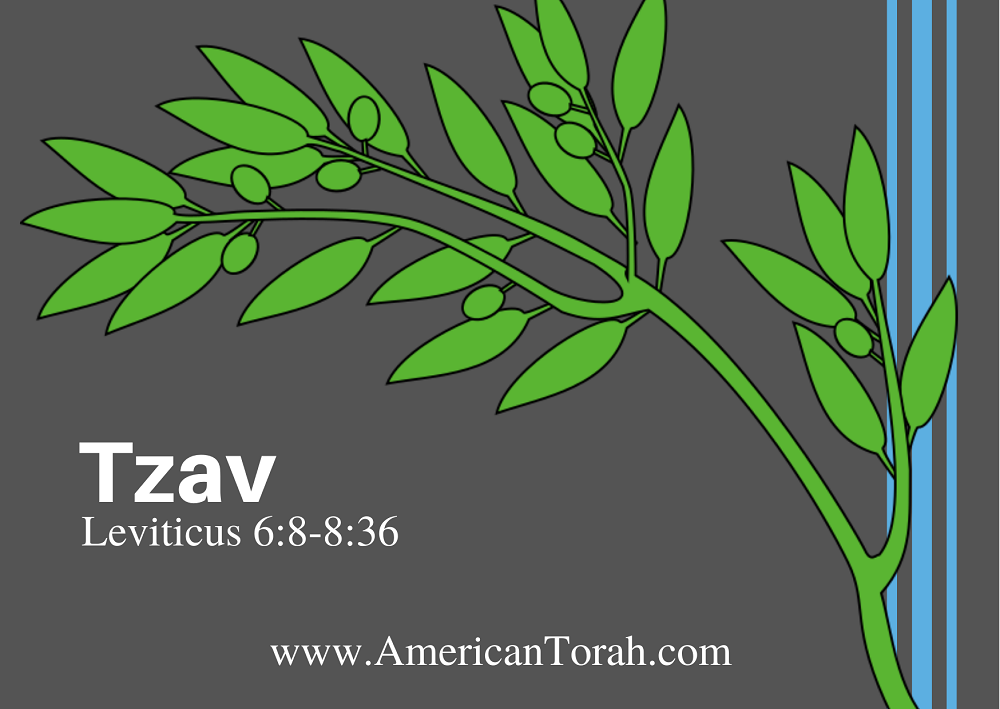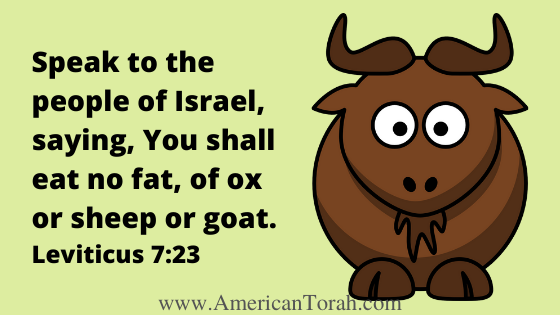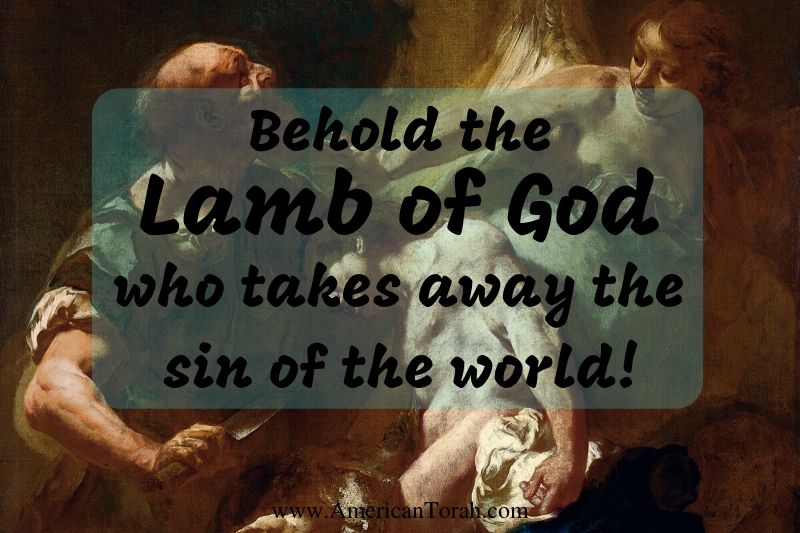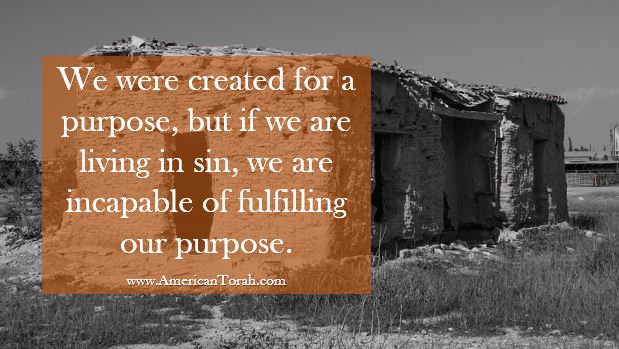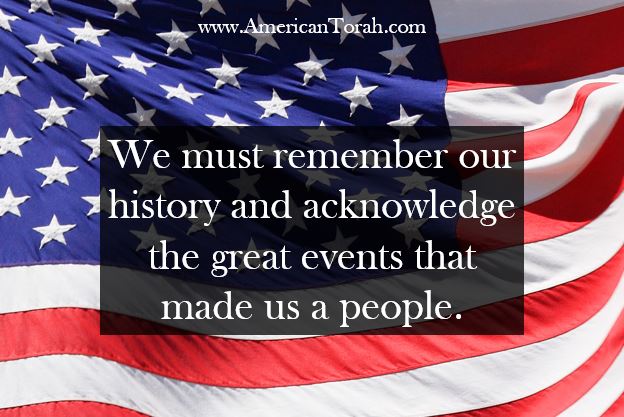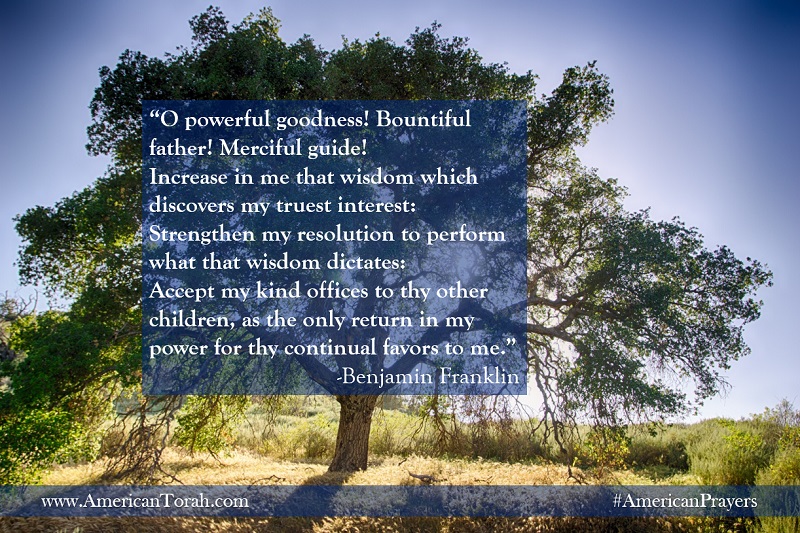
There’s an interesting little chiasm in Leviticus 8:1-5. (See here for more information on chiasms.)
- Lev 8:1-2 – God instructed Moses on how to carry out the ordination of Aaron and his sons.
- Lev 8:3 – God told Moses to assemble the congregation at the entrance of the tent of meeting.
- Lev 8:4a – Moses did as God commanded him.
- Lev 8:4b – Moses assembled the congregation at the entrance of the tent of meeting.
- Lev 8:5 – Moses told the congregation what God had commanded regarding the ordination ceremony.
The ordination ceremony involved killing animals, burning some parts, washing others, handling some organs, and boiling and eating yet other parts. There was bathing, anointing with oil, and splattering and dabbing with blood. Read all of Leviticus 8 for the full ceremony.
If you or I were to put together a ceremony for ordaining a new priesthood, I doubt it would involve bloody toes, eating boiled meat, or sitting outside a tent for seven days. God’s instructions for this event seem almost arbitrary, but Yeshua assured us that every letter is significant. God is never arbitrary. Every command has a reason, even if he doesn’t always explain it to us.
In Benjamin Franklin’s autobiography he admitted to a lifelong tendency toward pride. He tried various exercises to overcome it, but in the end settled for simply hiding it behind kindness and carefully chosen words, which wasn’t a bad strategy. If every prideful person followed his example, ours would be a better world by far.
Unfortunately, Franklin’s pride in his own intellect led him to reject most of the Bible as a factual record of God’s relationship with mankind because so much of what God did and said seemed to him to be arbitrary or nonsensical. If he couldn’t see the utility in a particular command, he rejected it personally, even while generally respecting the beliefs of others.
Feeding the poor, ensuring justice for the accused, respecting the name of God, et cetera… These things made sense to Franklin, so he kept them. But the Sabbath, dietary laws, and others, he found to be devoid of practical purpose. He certainly isn’t alone. Most modern Americans share his opinions on these matters. Most of them, however, can be at least partly excused because of their lack of knowledge of the Scriptures and training in basic logic. Old Ben didn’t have those excuses.
Franklin believed in God and that God had created the universe and mankind. Reason ought to have informed him–as it did most of his contemporaries–that a being of sufficient intellect to have created the universe with all of its physical laws and intricate living systems must of necessity be in some respects far beyond our own ability to comprehend. A man of overwhelming curiosity, Franklin was acutely aware that he could never hope to understand even a fraction of the physical universe in his lifetime, so it would be a mystery to me how he could have concluded that everything about God and his commandments should be so easily grasped.
I say “would be a mystery to me,” because it would be if it weren’t for his admission to excessive pride.
Contrast Franklin with Moses.
Now the man Moses was very meek, more than all people who were on the face of the earth. (Numbers 12:3)
When God asked the impossible, Moses obeyed. When God commanded the absurd, Moses obeyed. He might have been embarrassed or inconvenienced or baffled at times, but he still obeyed.
Ben Franklin was a good man–a great man even–but because of his pride, all of his intelligence, experience, and wisdom was worthless compared to Moses’ humility. Two thousand years from now, if Yeshua tarries, Benjamin Franklin will likely have been forgotten by all except the most ardent historians. The name of Moses, on the other hand, will still be as large as ever.
It’s good to consider the “why” of God’s commands. Think about them, meditate on them, debate them. All of these things can bring insight if done in good order. But the one thing we must never do is to reject them simply because we don’t understand or like them. God’s wisdom is as far above ours as ours is above a worm’s. Probably much farther.
Second guessing God’s instructions brought on the fall of the entire human race in Eden. You are mistaken if you think you can get away with it now.
